
Kazakhstan’s expedition Following Shoqan Walikhanov’s Caravan Route has reached the “Asian Rome” in China.
After Urumqi, the team from Kazakhstan headed south-west, to one of the oldest cities in the world, the center of Buddhist culture – Turpan.
Travelers from Kazakhstan were moving under scourging sun through a desert of gray-brown sand and clay.

This landscape is known as “black gravel fields”, where vegetation is sparse and trees are few. Wind turbines and oil rigs are near only things interrupting the horizon.
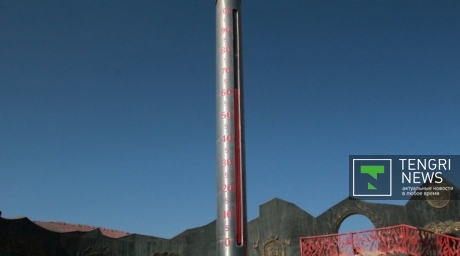
However, the exhausting journey of 200 kilometres brought the team to a completely different world, the oasis of the region Turpan. The lifeless desert has transformed into incredible vineyards and green fields.
Scientific advisor of the expedition Smaylzhan Iminov said that in the Middle Ages, this city-state was famous all over the world and played an immensely significant role in the development of the region.
“Here, in a desert, where the air temperatures rise above 60 degrees Centigrade, and the earth is warming up to 90 degrees Centigrade, the residents of ancient Turpan, who were ancient Uighurs, built irrigation ditches and underground cannels from each spring and each high mountain. (...) These channels were called ‘karez’,” Iminov said.
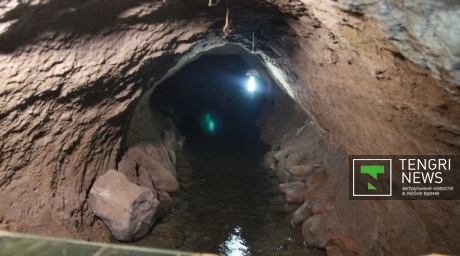
According to the historian, harsh climate forced the local residents to show some engineering ingenuity in order to survive. They dug deep wells and connected them via underground tunnels. Each karez was at a depth of 5 to 10 meters, which allowed water from underground springs to reach homes and gardens. This also made the city an important hub on the Great Silk Road, giving travelers and merchants a place to rest and stock up on water.
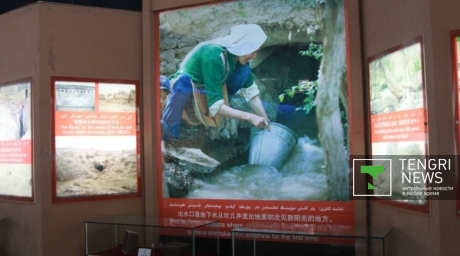
"Turpan, located on the Great Silk Road, on its northern branch to be precise, is no less interesting than ancient Rome, Athens, Sparta or Babylon. For some reason we strive to go somewhere far away, when here, near Kazakhstan there is a region, the history of which is no less rich than the history of those cities that I named. This is why we have started talking about the Golden Ring ("Great Silk Road in Central Asia" route), which will link sites in our country with Xinjiang in China, and the lands of Uzbekistan and Kyrgyzstan. It will be fascinating for tourists," Iminov declared.
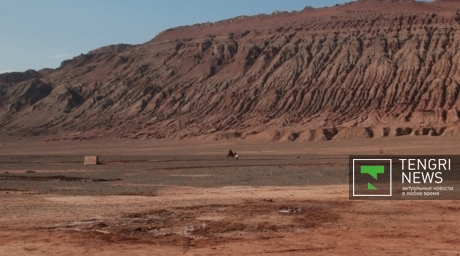
After Turpan, the Kazakhs headed towards the geographic center of XUAR, Korla.





Kazakhstan’s expedition Following Shoqan Walikhanov’s Caravan Route has reached the “Asian Rome” in China.
After Urumqi, the team from Kazakhstan headed south-west, to one of the oldest cities in the world, the center of Buddhist culture – Turpan.
Travelers from Kazakhstan were moving under scourging sun through a desert of gray-brown sand and clay.

This landscape is known as “black gravel fields”, where vegetation is sparse and trees are few. Wind turbines and oil rigs are near only things interrupting the horizon.

However, the exhausting journey of 200 kilometres brought the team to a completely different world, the oasis of the region Turpan. The lifeless desert has transformed into incredible vineyards and green fields.
Scientific advisor of the expedition Smaylzhan Iminov said that in the Middle Ages, this city-state was famous all over the world and played an immensely significant role in the development of the region.
“Here, in a desert, where the air temperatures rise above 60 degrees Centigrade, and the earth is warming up to 90 degrees Centigrade, the residents of ancient Turpan, who were ancient Uighurs, built irrigation ditches and underground cannels from each spring and each high mountain. (...) These channels were called ‘karez’,” Iminov said.

According to the historian, harsh climate forced the local residents to show some engineering ingenuity in order to survive. They dug deep wells and connected them via underground tunnels. Each karez was at a depth of 5 to 10 meters, which allowed water from underground springs to reach homes and gardens. This also made the city an important hub on the Great Silk Road, giving travelers and merchants a place to rest and stock up on water.

"Turpan, located on the Great Silk Road, on its northern branch to be precise, is no less interesting than ancient Rome, Athens, Sparta or Babylon. For some reason we strive to go somewhere far away, when here, near Kazakhstan there is a region, the history of which is no less rich than the history of those cities that I named. This is why we have started talking about the Golden Ring ("Great Silk Road in Central Asia" route), which will link sites in our country with Xinjiang in China, and the lands of Uzbekistan and Kyrgyzstan. It will be fascinating for tourists," Iminov declared.

After Turpan, the Kazakhs headed towards the geographic center of XUAR, Korla.
It is noteworthy that Shoqan Walikhanov did not manage to reach Turpan during his travel years back. Turpan was located too far away from Kashgar (1200 km). However, he described the route and gave several accounts of the city based on oral accounts of merchants and sellers of those days.
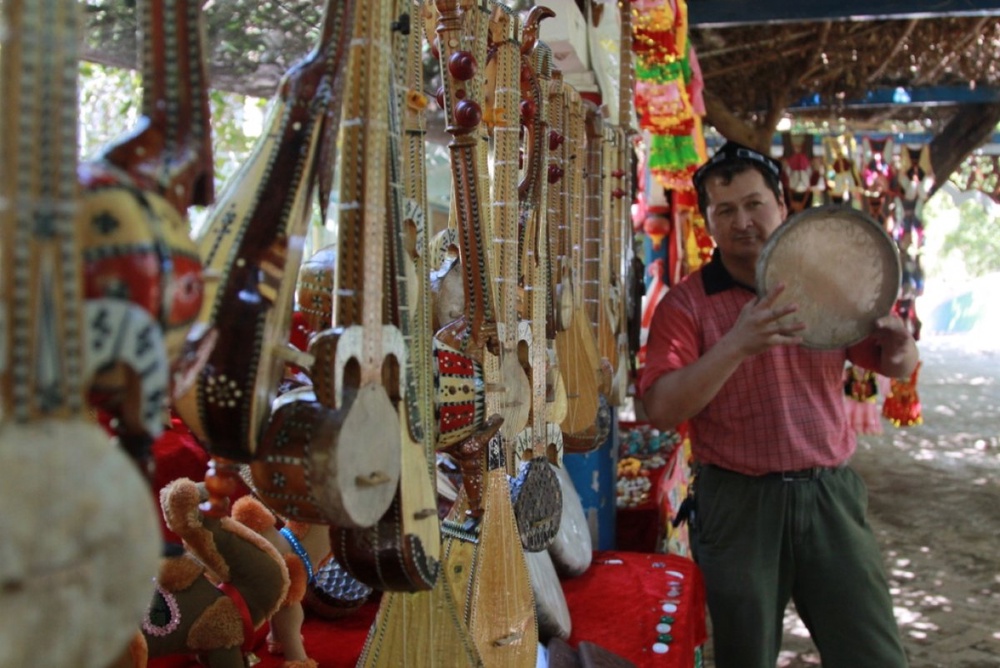
Reporting by Vladimir Prokopenko
Writing by Dinara Urazova


 +7 (777) 001 44 99
+7 (777) 001 44 99
















































